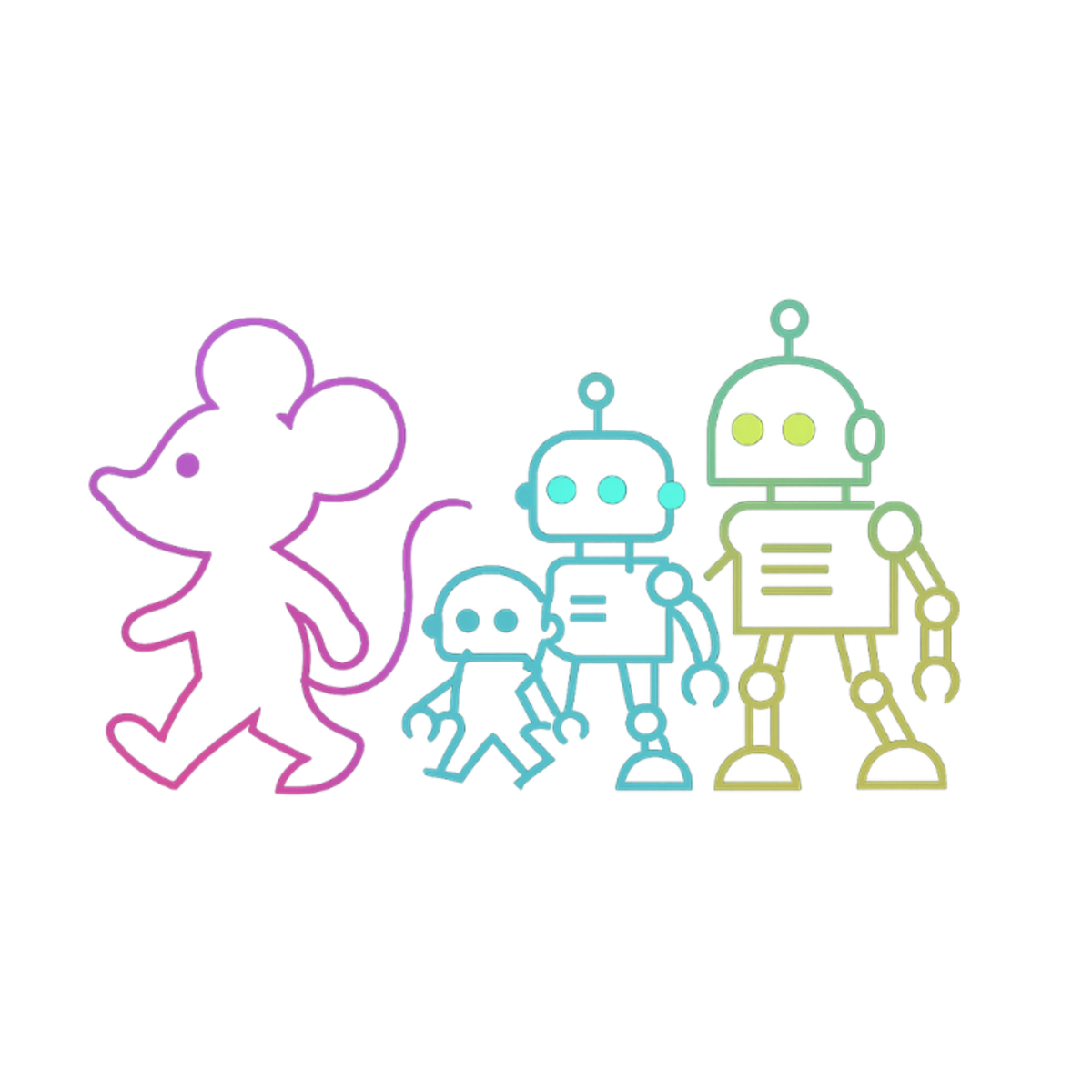AI is no longer a nice to have… it’s the new baseline.
A wave of new data from multiple global hiring platforms and consulting groups reveals an accelerating divide between companies embracing AI and those struggling to staff up. From Fortune 500s to mid-sized startups, employers are competing not just on product, but on their ability to deploy AI literate teams quickly and at scale.
AI Hiring Is Up, but Supply Still Lags
The Graduate Management Admission Council (GMAC) 2025 survey signals a clear shift in hiring priorities: 31% of recruiters now say AI tool proficiency is a top selection factor for candidates. That’s a five percentage point jump in just one year. While general management and soft skills still matter, technical fluency with AI platforms like ChatGPT, Midjourney, or enterprise automation tools is rapidly gaining weight in the decision-making process.
LinkedIn data adds sharper context. Since late 2022, AI-related job postings on the platform have grown 68%, now accounting for nearly one in every four tech roles. Yet the actual number of candidates with practical AI tool experience hasn’t grown at the same clip… especially outside top-tier tech hubs like San Francisco or New York.
In a joint study, Randstad and Bain & Company highlighted the growing mismatch between employer demand and available talent. Their findings show companies are shifting away from traditional credentials and moving toward demonstrable skills, hands-on experience, and portfolio driven hiring.
Credentials Are Losing Ground to Capability
Historically, hiring pipelines leaned heavily on degrees, certifications, and past titles. But with AI, the pace of change is too fast for conventional education to keep up. A self taught marketer who can spin up personalized video ad campaigns using ElevenLabs and Synthesia may be more valuable than an MBA without prompt engineering know-how.
In response, forward leaning companies are doing two things: aggressively recruiting external talent with proven AI fluency, and simultaneously launching in house upskilling initiatives. Google’s own internal research suggests that teams integrating AI early… not waiting on formal training… are achieving productivity gains up to 30% faster than their peers.
Businesses Are Rethinking the Employee Tech Stack
The implications for operators and founders are clear: AI isn’t just a hiring concern… it’s a strategic pillar. Knowing how to run your tools is now as important as knowing what tools you run.
Treating AI literacy like part of the tech stack opens the door for more flexible, modular workforce design. Instead of assuming your team will “learn as they go,” leaders are beginning to conduct internal audits:
Which departments lack AI adoption?
Who on staff is already experimenting with automation or image generation?
Where can we reallocate budget from underused software toward high-impact training?
Companies that answer these questions early are likely to build faster, cheaper, and more resilient systems in the long term.
The Clock Is Ticking on Talent Arbitrage
For companies outside of major metros, there’s a narrow window of opportunity. The current AI skills shortage isn’t just a bottleneck… it’s also a chance to attract premium talent at below-market rates, at least temporarily. Remote hiring is enabling scrappy firms in Kansas, Tennessee, or overseas markets to snap up creators, builders, and automators before large enterprises finish rolling out their own retraining programs.
Tracking application rates vs job listings in your specific niche can provide leading indicators of saturation or scarcity. Tools like Indeed Trends, LinkedIn Insights, and niche hiring boards are worth monitoring weekly.


